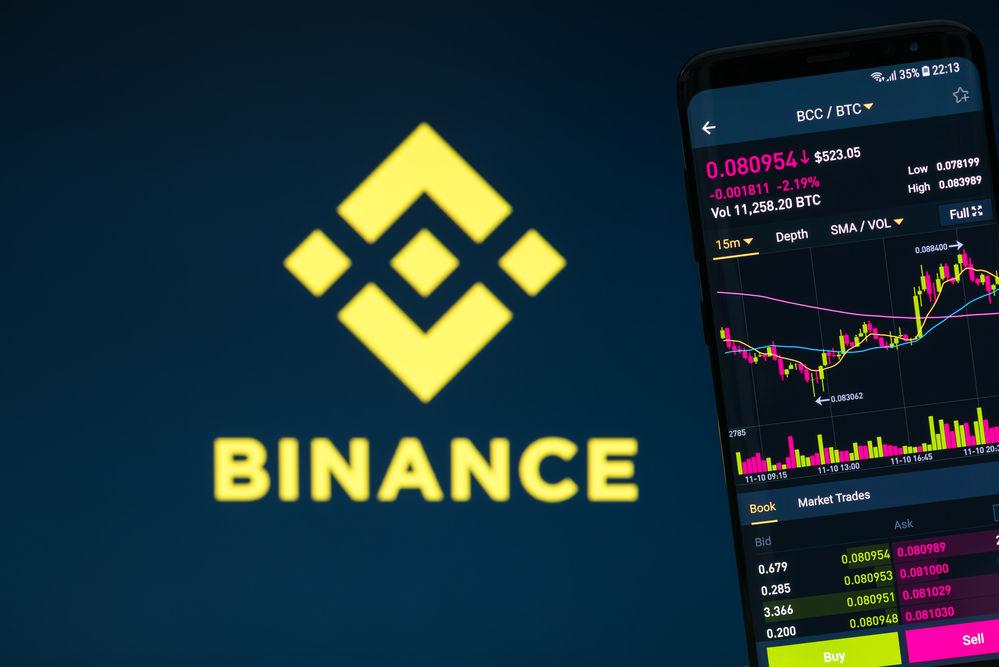- According to the SEC, elements of the proposed deal could be unlawful
- The watchdog is not sure Binance.US can actually afford it
Federal and New York finance regulators objected to a proposal by Binance’s US arm to buy assets of bankrupt crypto lender Voyager for $1.02 billion on grounds that it could be illegal and discriminatory, CoinDesk reported.
Increasing SEC intervention
The US Securities and Exchange Commission (SEC) is increasingly intervening in the crypto industry. They compelled crypto exchange Kraken to terminate crypto staking after a probe into alleged sale of unregistered securities.
According to the SEC, elements of the proposed deal could be unlawful. More specifically, Binance’s suggestions could constitute “unregistered offer or sale of securities” according to the regulator’s filing, which cited Voyager’s VGX token in particular.
Binance bracing for penalties
The SEC also pointed to media reports that the world’s biggest crypto exchange was preparing to pay hefty fines for past offenses related to money laundering. The watchdog cited those as “evidence” that the proposed transactions could become impractical and impossible to carry out.
Voyager under fire in New York
In two filings dated February 22, New York State Attorney General Letitia James and the state’s Department of Financial Services (NYDFS) alleged that Voyager was servicing customers in the state illegally.
They stated that the lender had onboarded customers and had an illegal digital currency business in New York without a license, violating the state’s laws and depriving users of legal protection.
The regulators also argue that customers will be unable to reclaim their crypto assets until Binance’s US arm obtains approval in New York.
Voyager is delighted about proposal
The SEC is not sure Binance.US can actually afford the deal it’s offering Voyager, who are being probed for deceptive marketing by the Federal Trade Commission. The lender filed for bankruptcy in the summer of last year.
The majority of Voyager creditors had approved the deal within several hours of voting left on February 22. They had until 16:00 ET to vote.












